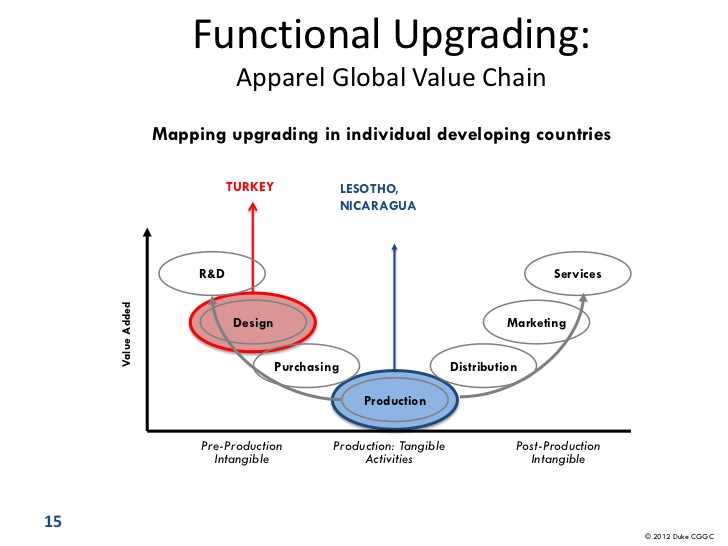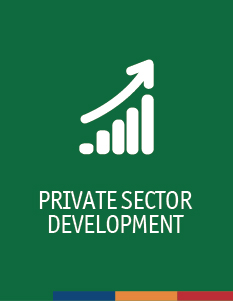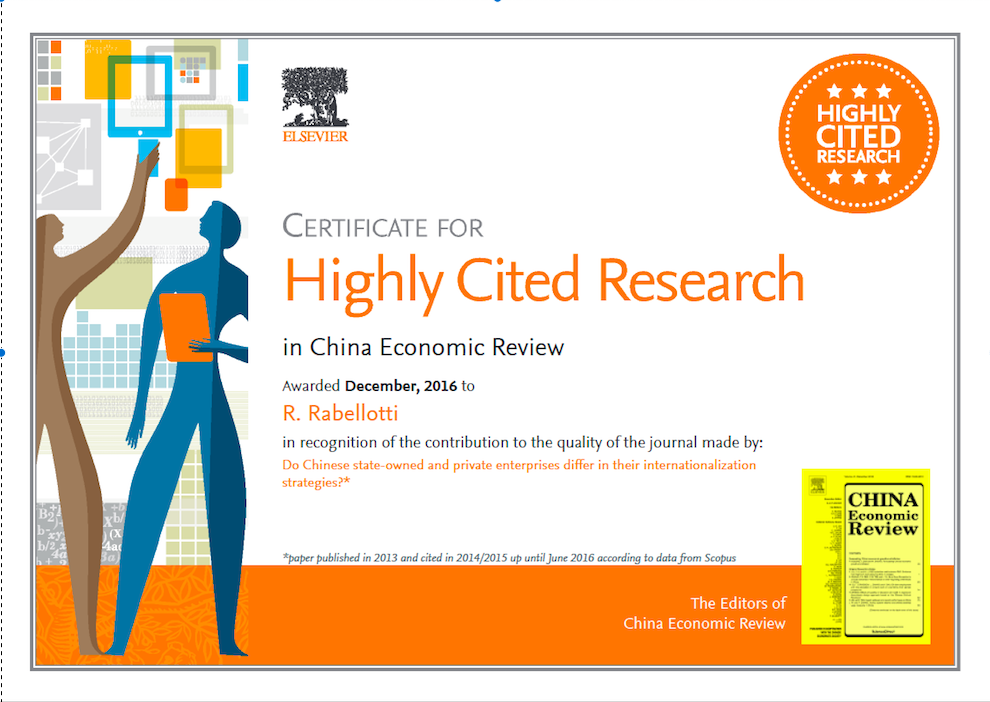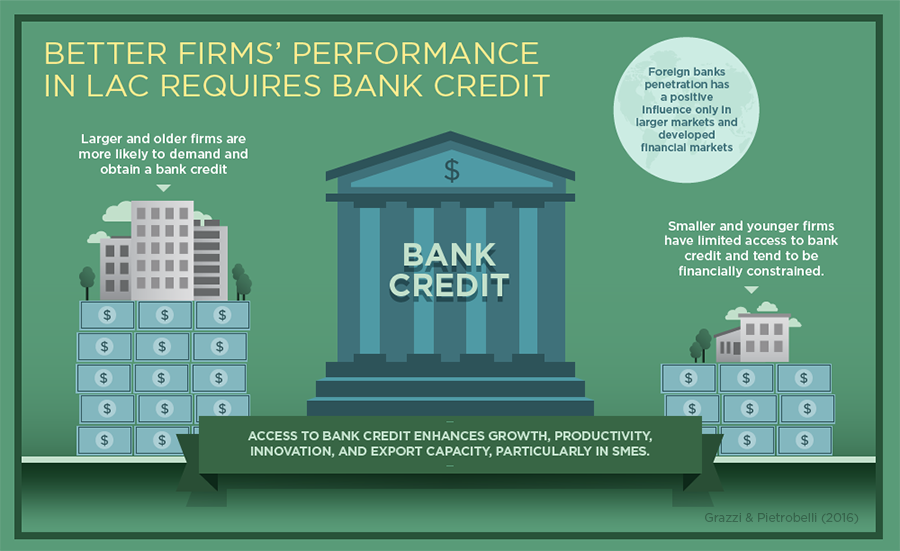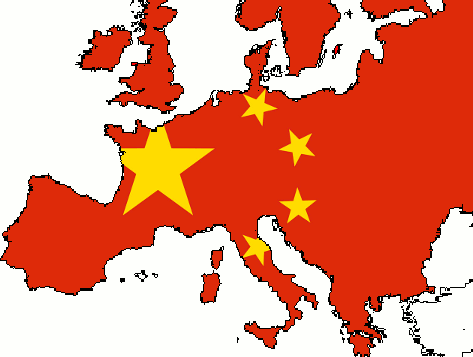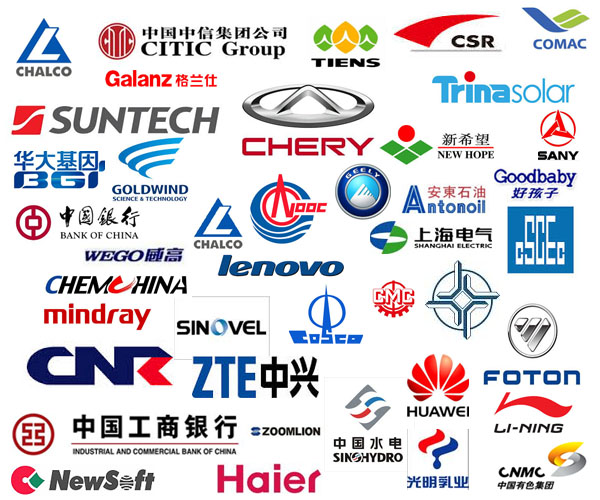Do Global Value Chains Offer Developing Countries Learning and Innovation Opportunities?
With Valentina De Marchi and Elisa Giuliani I published an article in the European Journal of Development Research. The paper offers s a systematic review of the literature on developing country GVCs to investigate the learning channels used by local firms, both within (firm level, collective level) and outside of these value chains (i.e. external sources of learning), and the extent to which this activity promotes innovation.
Here there is a free to view link to the article
